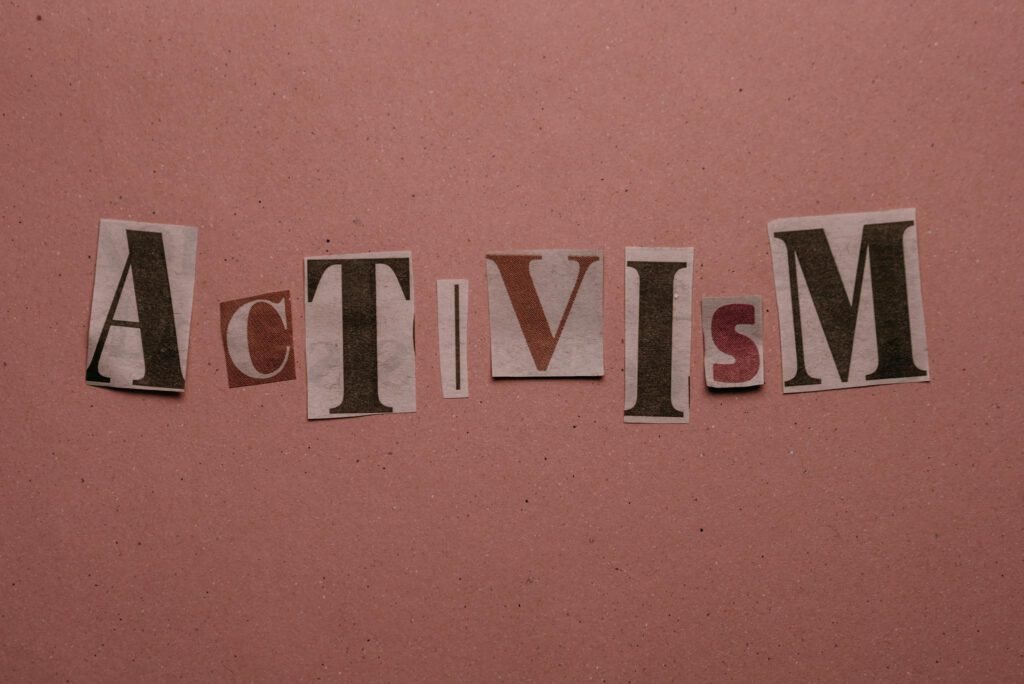The discrimination against Dalit students in educational institutions is not a new phenomenon. Heinous practices of untouchability, forced-unclean chores, segregation, derision, harassment, victimisation, punitive measures and exclusion by peers, teachers and authorities are some of the major experiences of discrimination that Dalit students continue to face from primary to higher levels of education, despite constitutional safeguards against such practices.
The social exclusion encountered by Dalit students continues with impunity because of the silence and apathy of civil society organisations, including those of churches and faith communities. Glorification of hierarchies and elitism alongside attitudes of unconcern and neutrality in the face of systemic evils serve to sustain the caste mentality.
We, the members of the Student Christian Movement India (SCMI) and the Indian Christian Collective for Justice(ICCJ), find that indifference in the face of grave atrocities against vulnerable sections makes us accomplices in the crime. In this situation, breaking the culture of violence and silence becomes imperative as an inevitable expression of Christian discipleship.
Justice, equality and liberation are integral dimensions of the Christian dispensation. Persistence of systemic inequalities in the name of caste, class, gender, ethnicity and other factors in the Indian society impels us to raise our voices with prophetic courage, following Jesus Christ. To that extent:
We hold challenging the consciousness of the so-called privileged castes using every possible platform in the religious and secular sphere as necessary for deconstructing the caste mentality that is persistent in our country.
Churches implement policies that condemn caste discrimination with provisions that protect members and those engaged with their institutions who experience such discrimination.
We recognise that education is essential for driving transformation. For this reason, we urge Christian educational institutions to reclaim their foundational vision and mission of transforming structures that are oppressive to the lives of the marginalised sections of our society.
Churches, Christian youth organisations and movements could play a proactive role in addressing the dehumanising experiences of discrimination that many young people go through. Giving visibility to their stories and nurturing and promoting the values of equity and inclusion need to be seen as their distinct contribution to social transformation.
Taking immediate steps to protect Dalit students from further marginalisation is crucial in this regard. Such a response seems urgent and necessary given the increasing privatisation of education on the one hand and the reduction of state funding for education on the other.
Since most of the Dalit students are first or second-generation learners, with cumbersome weights of stigma, low self-esteem, fatalism and hopelessness besides cringing poverty, churches may accompany them through mentoring, counselling, and offering institutional and financial support.
Inclusion and equality are fundamental principles underlying the Gospel vision of a new community in Christ. This implies unlearning hierarchical thinking patterns. Faith in Jesus Christ compels actions of love, justice, compassion, and freedom, as well as opportunities for all to flourish. As such, breaking the cultures of violence and silence is a moral and spiritual imperative for the affirmation and practice of Christian faith now and always.
Allen Paul, Aman Adhikary, Arpan Luke, Bharat Kumar, B. J. Syiemlieh, Baiaithrang Khonglah, Daniel Sen, Dakerlin Mukhim, Evelyn, Gnanamani Gunadayalan, Iba, Ishwarya R, J. Nirmala, Jerina Yeputho, Jessia Jason, Joel Samuel, Joshua Jayaseelan, Leesma D., Mina Dip, Natania Tessica, Nisha Singh, Praveen, Priscilla. J.S, Priscilla Rawade, Sathia Rabbin Das, Sethu P, Sneha Susan Mathai, Shakila, Sherly Dayana, Sudharson, Timothy Ralsun, Tovikali Jimomi, Uttam Guria, Varsha Bhingardive, Vilasie Shuya, Vincent CV, and Yabes Manokaran
Ajay Singh, Alemla Longchar, Annie Namala, Anita Cheria, Aruna Gnanadason, Bablu Ram, Deenabandhu Manchala, Geevarghese Mor Coorilos, Inatoli Aye, Inbaraj Jeyakumar, Jesudas Athyal, Kochurani Abraham, Muanpuii Hmar, Paul Divakar, Philip Peacock, Raynah Braganza, Samuel Mall, Seno Tsuhah, and Wati Longchar.
On Behalf of the Student Christian Movement of India and the Indian Christian Collective for Justice July 3, 2025
“Inclusion and equality are fundamental principles underlying the Gospel vision of a new community in Christ. This implies unlearning hierarchical thinking patterns. Faith in Jesus Christ compels actions of love, justice, compassion, and freedom, as well as opportunities for all to flourish. As such, breaking the cultures of violence and silence is a moral and spiritual imperative for the affirmation and practice of Christian faith now and always”.
Said the participants of a webinar on Speaking Up on Discrimination Against Dalits in Educational Institutions by the Student Christian Movement of India and the Indian Christian Collective for Justice on June 27, 2025
ICCJ- (Indian Christian Collective for Justice) is a collective of Christians – activists, social scientists, academics, writers, artists, theologians, church workers, youth and students and all such who are engaged in actions, advocacy, study and writing to uphold and promote values that are crucial for a just, free and inclusive society.

